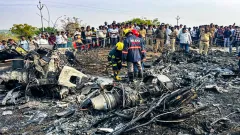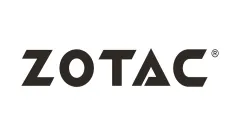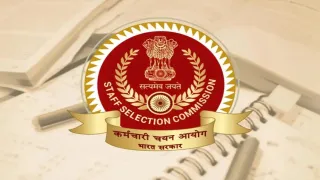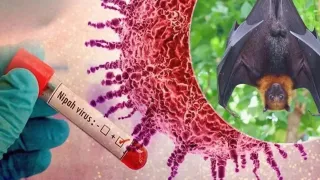In a devastating public health crisis, the Coldrif cough syrup manufactured by Sresan Pharmaceuticals has been linked to the deaths of at least 21 children in Madhya Pradesh. The syrup was found to contain diethylene glycol (DEG) at levels nearly 500 times above the permissible limit, leading to acute kidney failure in the victims. This incident has raised serious concerns about pharmaceutical safety standards and regulatory oversight in India.
Discovery of Toxic Contamination in Coldrif Syrup
Laboratory tests revealed that Coldrif syrup contained 48.6% diethylene glycol, a toxic industrial chemical not approved for human consumption. DEG is known to cause kidney failure and other severe health issues when ingested. The contamination was traced back to a batch produced by Sresan Pharmaceuticals, leading to immediate recalls and bans across several states in India.
The World Health Organization has issued a global alert, cautioning against the spread of contaminated syrups through unregulated channels. The WHO's intervention underscores the international implications of this tragedy and the need for stringent quality control measures in pharmaceutical manufacturing.
Arrest of Sresan Pharmaceuticals' Owner
G. Ranganathan, the 73-year-old owner of Sresan Pharmaceuticals, was arrested in Chennai after a coordinated operation by the Madhya Pradesh police. He is accused of gross negligence and manslaughter in connection with the deaths of the children. Investigations revealed that the manufacturing facility had been operating with outdated and leaking equipment for over 14 years, raising questions about the company's commitment to safety and quality standards.
Ranganathan is currently in transit to Chhindwara, Madhya Pradesh, where he will face legal proceedings. His arrest has been widely reported, highlighting the severity of the charges and the public demand for accountability in the pharmaceutical industry.
Permanent Revocation of Manufacturing License
The Tamil Nadu health department has confirmed the permanent revocation of Sresan Pharmaceuticals' license. Inspections of the company's manufacturing facility uncovered severe safety violations, including rusted and leaking equipment that had been ignored for over a decade. These findings led to the company's closure and have raised concerns about the effectiveness of regulatory oversight in the pharmaceutical industry.
The revocation of the license serves as a stern warning to other pharmaceutical companies about the importance of adhering to safety and quality standards. It also underscores the need for more rigorous inspections and accountability measures to prevent similar incidents in the future.
Broader Implications for India's Pharmaceutical Industry
This incident is not an isolated case but part of a troubling pattern of substandard pharmaceutical products originating from India. Similar incidents have occurred in other countries, including The Gambia and Uzbekistan, where contaminated cough syrups have resulted in child deaths. The World Health Organization has highlighted significant gaps in India's drug testing and regulatory processes, calling for urgent reforms to prevent future tragedies.
The global reputation of India's pharmaceutical sector, which is the world's third-largest by volume and a key supplier to global markets, has been severely damaged. The incident has prompted calls for comprehensive reforms in drug manufacturing and regulatory oversight to restore public trust and ensure the safety of pharmaceutical products.
Public Outcry and Demand for Accountability
The deaths have sparked nationwide outrage, with parents, healthcare professionals, and activists demanding stricter regulations and accountability in the pharmaceutical sector. Public protests and calls for justice have intensified, urging the government to take swift action to ensure that such incidents do not recur. The case has become a rallying point for broader discussions on public health safety and corporate responsibility.
The Indian Medical Association has also called for the withdrawal of charges against the arrested doctor, emphasizing that the primary responsibility lies with the manufacturer and regulatory bodies. This statement highlights the complex nature of the issue and the need for a comprehensive approach to address the crisis.
Also Read: Three Scientists Win 2025 Nobel Prize in Chemistry























